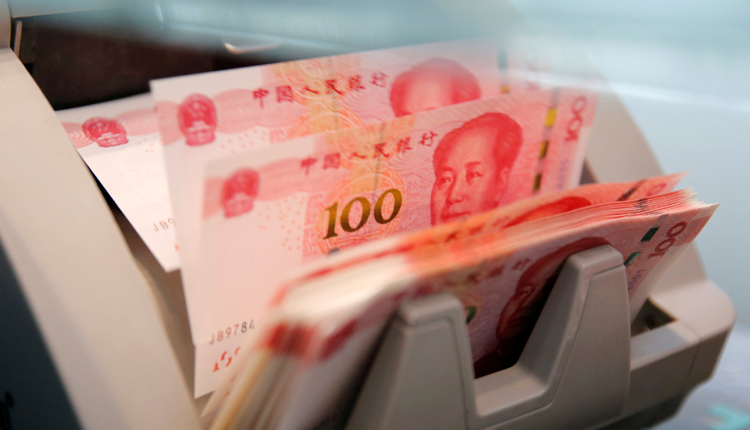Chinese yuan weakens on speculation of potential devaluation
The Chinese yuan weakened significantly on Wednesday following a media report saying that Beijing is considering allowing the currency to depreciate in response to potential US trade restrictions.
The offshore yuan fell as much as 0.5 per cent to 7.2921 per dollar after Reuters reported that policymakers were studying a potential devaluation to around 7.5 per dollar.
This news sparked a decline in regional currencies, with the New Zealand dollar hitting a two-year low and the Australian dollar reaching levels last seen in November 2023.
Pressure on the yuan has increased since Donald Trump’s re-election, with threats of tariffs on China. Speculation suggests Beijing may adjust its currency policy to counter potential economic impacts.
“There is a compelling logic embedded in these comments,” said Jane Foley, head of FX strategy at Rabobank in London. “China’s economy is already weak, inflation is low, and it will have to position itself for Trump tariffs.”
Devaluing the yuan can have significant consequences, including capital outflows and further currency depreciation, which could harm China’s financial markets and economic growth.
China is already facing challenges such as a property crisis and weakening consumer sentiment. To boost growth, China announced plans for more aggressive economic support next year, including a looser monetary policy and increased fiscal stimulus.
The widening yield gap between Chinese bonds and US Treasuries is also weighing on the yuan, with China’s 10-year bond yield hitting a record low below 1.9 per cent this week. This has led to speculation about potential interest rate cuts by the People’s Bank of China (PBC).
Attribution: Bloomberg
Subediting: Y.Yasser


